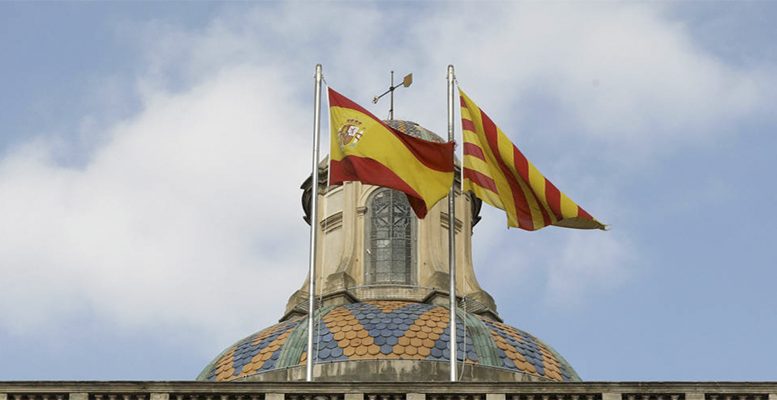Nick Ottens (Atlantic Sentinel) | Catalonia’s leading pro-independence parties have reached an agreement to install Pere Aragonès as regional president.
Aragonés has been acting president since September, when Quim Torra of the center-right Together for Catalonia (Junts) was forced to step down. Aragonès’ Republican Left won the election in February.
The agreement comes after three months of negotiations during which the Republicans raised the possibility of forming a minority government if Junts would not move closer to their position.
The sticking point was how to continue the independence process. The Republicans want to give talks about self-determination with Spanish prime minister Pedro Sánchez a chance. They often vote with the social democrat in the national Congress. Junts does not expect Sánchez will meet the separatists’ demands, which include a recognized referendum on independence from Spain and an amnesty for the organizers of the 2017 referendum, which had been forbidden by Spain’s Constitution Court. They were convicted to between nine and thirteen years in prison in 2019.
Compromise
In a compromise, the parties have agreed to treat independence separately from the business of government and involve the Catalan National Assembly and Òmnium Cultural, the two largest pro-independence civil society groups, in the process.
The Council for the Republic, a government-in-exile led by former regional president and Junts party leader Carles Puigdemont, could also join the body in addition to the Popular Unity Candidacy (CUP), the third and smallest separatist party in the Catalan parliament.
El Nacional, a pro-independence news outlet, reports that the dialogue table will prepare a second unilateral referendum on independence in two years in case the Spanish state does not respond on proposals for amnesty and self-determination.
Balance of power
The talks also dragged on because the balance of power in the independence camp has shifted.
In the most recent election, the parties changed places. The Republicans for the first time won more seats than Junts: 33 to 32. The far-left CUP won nine seats, up from four. They quickly did a deal with the Republicans. Junts felt taken for granted.
Junts members have yet to approve the coalition agreement, but even if they reject it the party will enable Aragonès’ investiture without joining his government. A vote is expected in parliament on Thursday or Friday. 68 votes are needed for a majority.





